TRAINING
POST-DOCTORAL FELLOWS
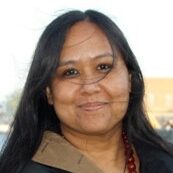
Sujata Ramachandran
Email: [email protected]
Dr. Sujata Ramachandran is a Postdoctoral Research Fellow at the Balsillie School of International Affairs with the SSHRC-funded MiFOOD Project. She received her PhD in Human Geography from Wilfrid Laurier University. Sujata has extensive experience studying various aspects of migration in Canada, Southern Africa and South Asia. Her research interests include migration and development, migrant integration, and migration governance. As part of her postdoctoral research, Sujata will conduct a study on South-South migration to India for the MiFOOD Project.
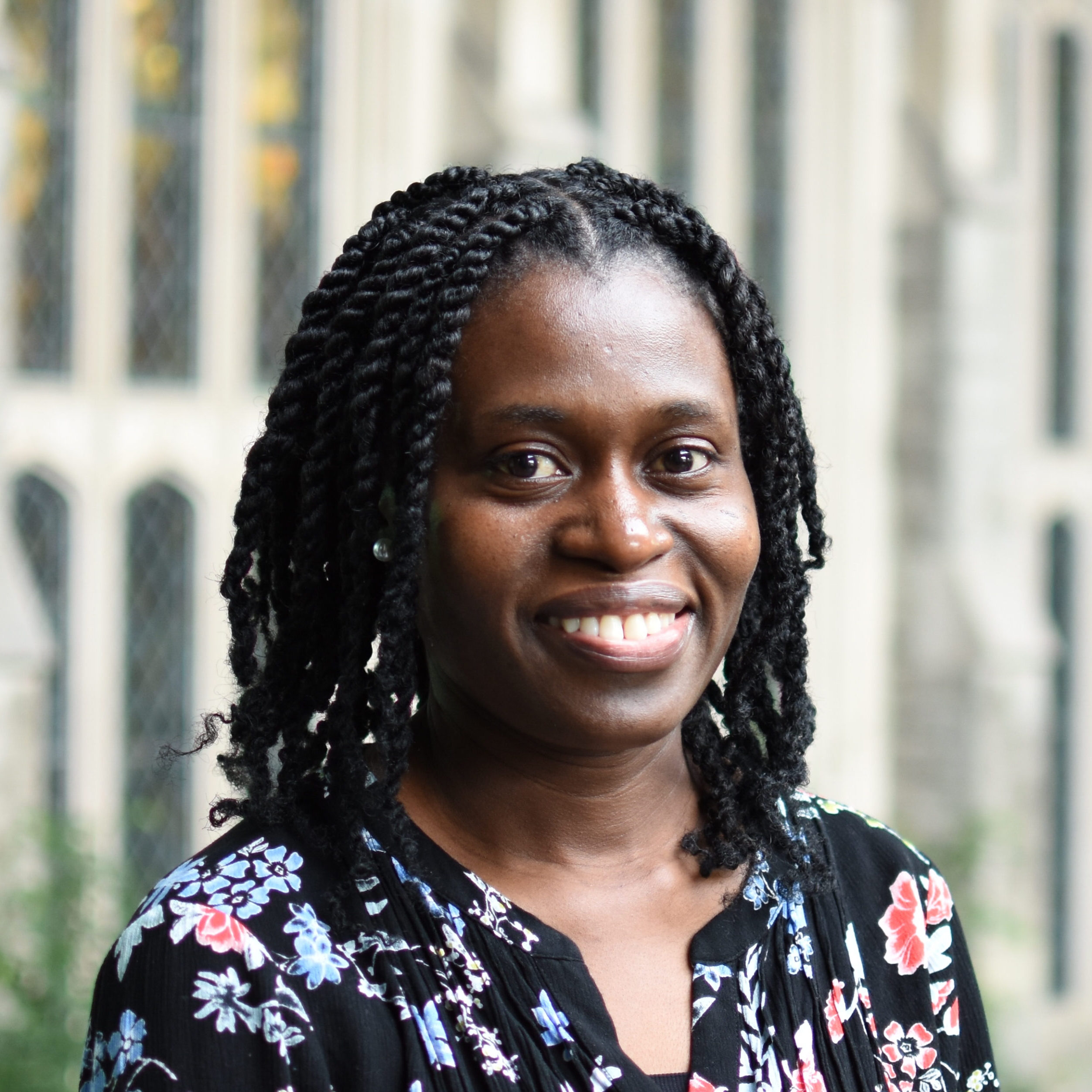
Eunice Annan-Aggrey
Dr. Eunice Annan-Aggrey is a Postdoctoral Research Fellow involved with the NFRF-funded ‘Remitting for Resilience (R2) Project: Enhancing Food Security and Climate Adaptation Through Gender Inclusive Migrant Remittances’. Eunice is passionate about international development and has extensive experience working with development partners and civil society organizations, including Global Affairs Canada. Eunice’s research portfolio reflects her commitment to multidisciplinary applied research that responds to contemporary development challenges. She also seeks to use her research to amplify the voices of marginalized groups and individuals, such as women and youth. Her research interests include the Sustainable Development Goals, local governance, gender equality, poverty reduction, and environmental sustainability.

Sean Sithole
Email: [email protected]
Dr. Sean T. Sithole is a post-doctoral research fellow at the Institute for Social Development, Faculty of Economic and Management Sciences, University of the Western Cape. His recent work as a post-doctoral researcher is on a Canadian Institutes of Health Research (CIHR) funded project on the COVID-19 pandemic, food security and migration. The project is part of the Social Sciences and Humanities Research Council of Canada (SSHRC) funded MiFOOD (migration and food) network research projects. He is also involved in post-graduate lecturing and supervision. Dr. Sithole has researched and participated in events on migration, remittances, food security, census, civil registration, and vital statistics with the support from several organisations, including Scalabrini Institute for Human Mobility in Africa (SIHMA), Statistics South Africa (Stats SA), United Nations Economic Commission for Africa (UNECA), United Nations Population Fund (UNFPA) and the European Commission. He has served on the Executive committee of the Young African Statisticians Association and was formerly the Country Coordinator for the Zimbabwe Chapter under Statistics South Africa’s African Young Statisticians ISIbalo capacity building programme. Dr. Sithole holds Doctoral (PhD) and Master’s degrees in Development Studies from the Faculty of Economic and Management Sciences, University of the Western Cape (UWC), Digital Marketing and Social Media Marketing certificate courses from the University of Cape Town (UCT), and Special Honours and BA degrees from the University of Zimbabwe (UZ). His research interests include digital remittances, mobile transfers, social media and migrant networks, international migration and urban food security nexus, information communication technology (ICT) and development in the global South.
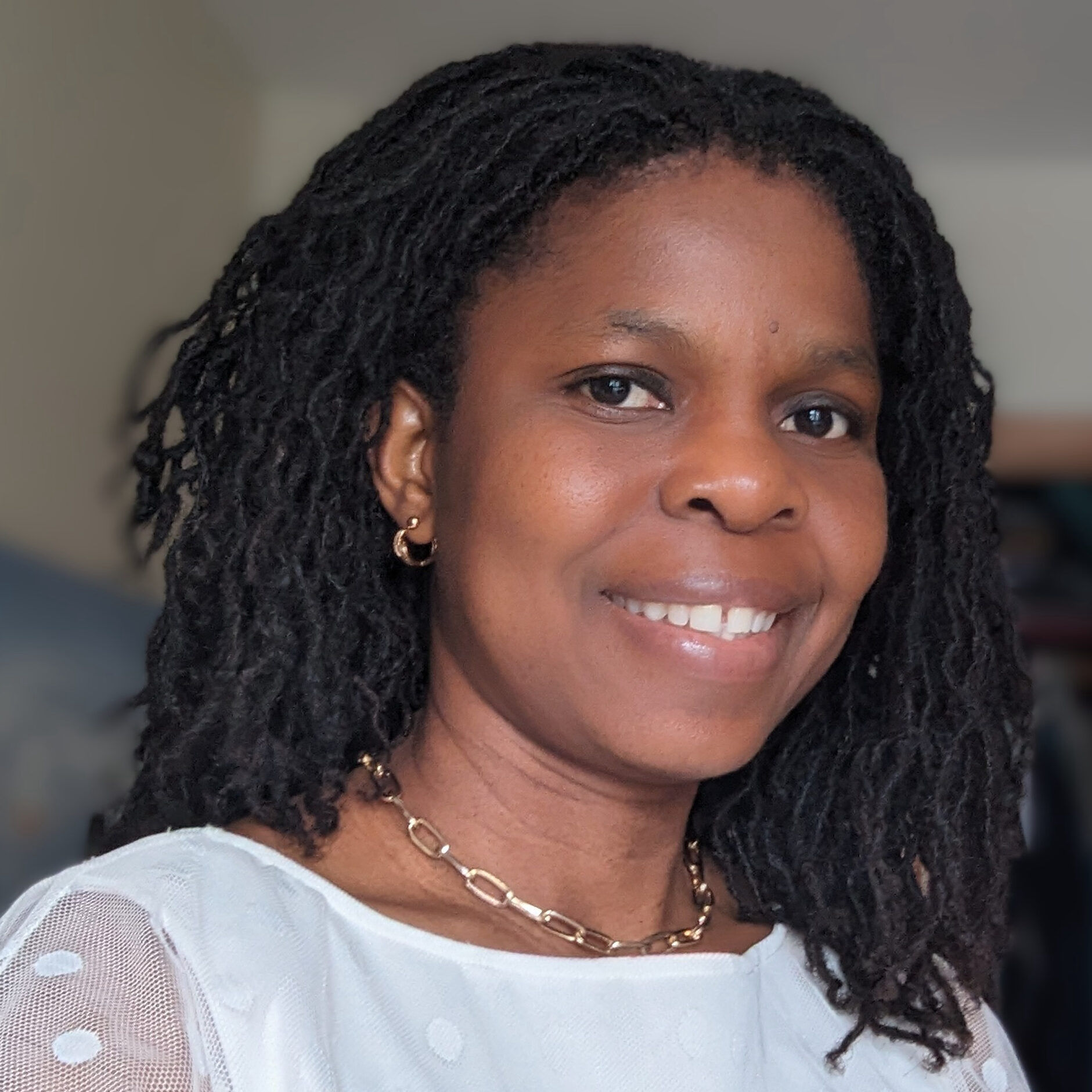
Naomi Sunu
Dr. Naomi Sunu is a Postdoctoral Research Fellow attached to the “Remitting for Resilience (R2)” project, at the Balsillie School of International Affairs. She has a background in climate change science and received her PhD in Sustainability Management from the University of Waterloo. Her research interests focus on understanding the social-ecological interactions that underlie household food insecurity, amidst climate-related vulnerability in Global South cities working towards sustainable development. She has worked on research projects in Ghana, Canada and Mozambique. Her postdoctoral research will focus on conducting research on the Ghanaian diaspora in Canada and on climate resilience in Mozambique and Malawi.
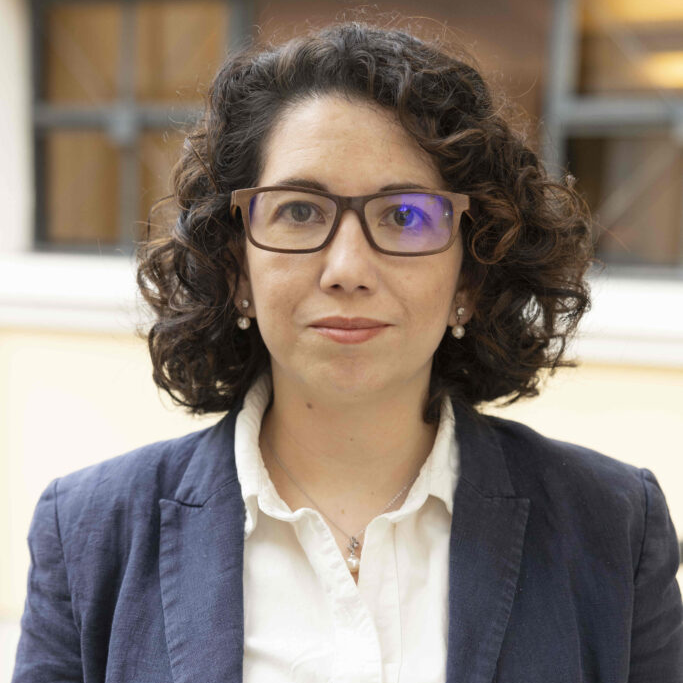
Mercedes Eguiguren
Email: [email protected]
Mercedes Eguiguren is currently a Postdoctoral Researcher at the Institute for Advanced Studies on Inequalities, at Universidad San Francisco de Quito (Ecuador) and a Visiting Researcher at the Balsillie School of International Affairs, working on the MiFOOD Project. Her research interests focus on the relationships between mobility, socio-spatial inequalities and the subjective experience of migration. She has researched and published on the links between international and internal migration, aspirations and social imaginaries as drivers of migration, the migration-development nexus, the contemporary history of Ecuadorian migration, and migration policy and political narratives. She serves as the co-chair of LASA’s Ecuadorian Studies Section, 2022 – 2024.
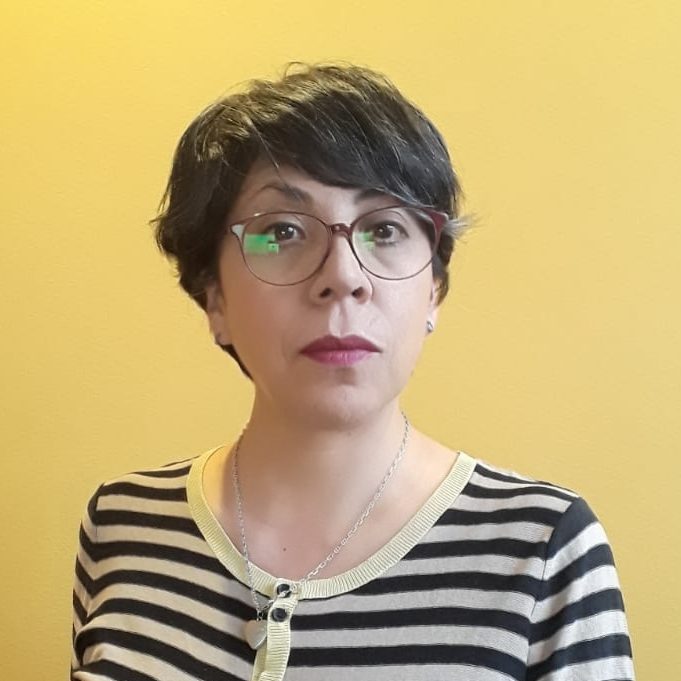
Yolanda Alfaro
Dr. Yolanda Alfaro is a Postdoctoral Researcher at the Institute for Advanced Studies in Inequalities (IEAD) at the Universidad San Francisco de Quito (USFQ) on the MiFood Project. Yolanda Alfaro has extensive experience studying migration in the Andean region. Her current research interests focus on the relationship between migration, memory, and collective narratives. As part of her postdoctoral research, she is conducting a photovoice study and researching the political meaning of resilience narratives on food insecurity.

Elizabeth Onyango
Dr. Elizabeth Onyango is an Assistant Professor in the School of Public Health at the University of Alberta. In her recent role as a Queen Elizabeth Scholar (QES) and postdoctoral fellow at Balsillie School of International Affairs (BSIA) with the Hungry Cities Partnership, Dr. Onyango’s research work focused on the role of formal and informal social protection systems in boosting food security status of urban households and effects of COVID-19 on household food security. Dr. Onyango’s research interests include explorative studies of what matters to communities/populations with a focus on food security and nutrition of populations and social inequalities in health and wellbeing. Her work also extends into intersections of gender, gender-based violence and household food security and the associated health outcomes in women, children, and youth.

Ning Dai
Dr. Ning Dai is an associate account manager at EcoVadis. Ning holds a PhD in Geography and Environmental Management from the University of Waterloo. He has long-standing research interests and extensive experience in the sustainable transformations in China’s food systems. More specifically, his research investigates the adoption of ecological agriculture and the recent development of the e-grocery sector in China. He is currently working on the CIHR-funded project “Accessing and Mitigating the Food Security Consequences of COVID-19 in China” and the MiFOOD Project to understand the relations between COVID-19, migration, and food security. Ning also serves on the Board of Directors at Canadian Association for Food Studies (CAFS).
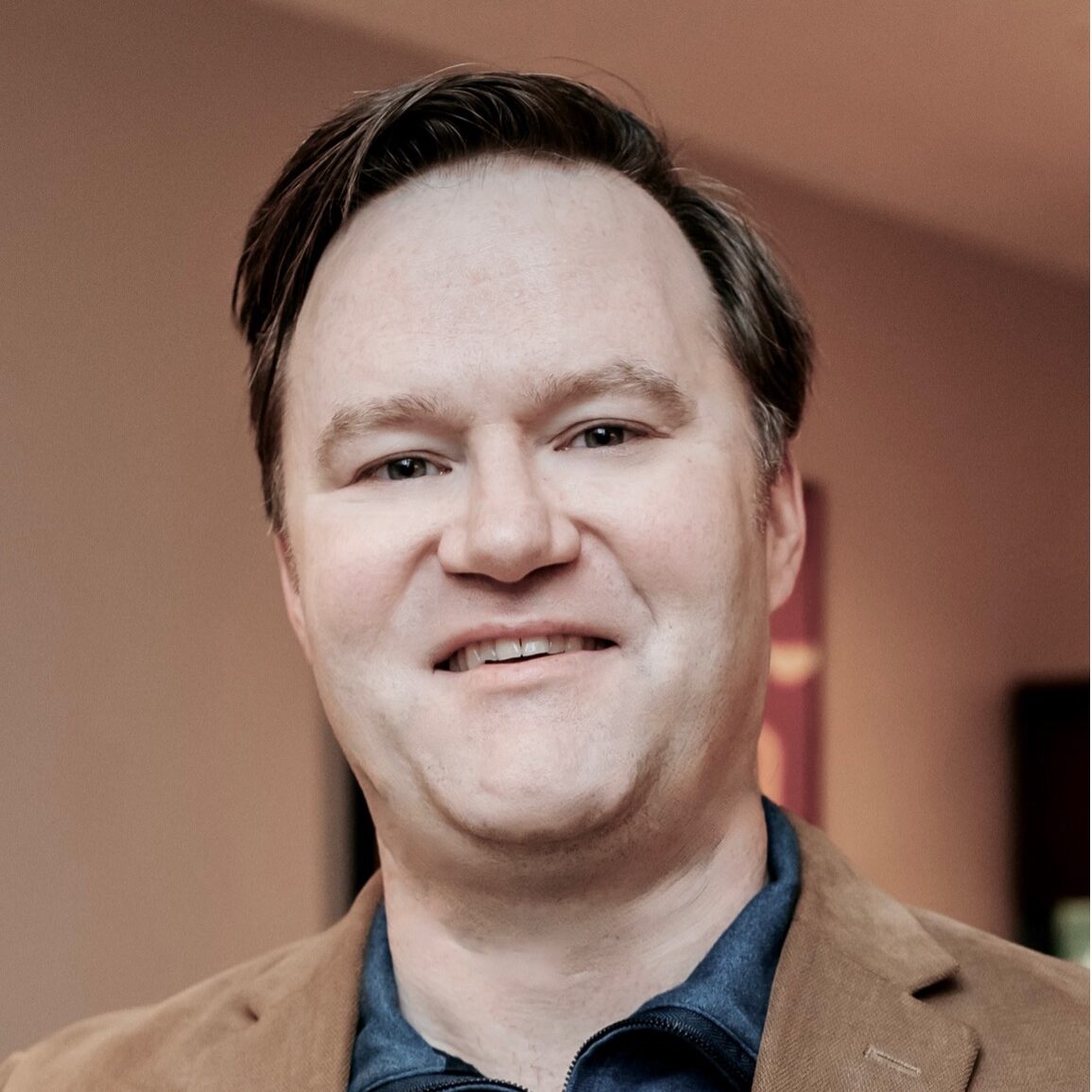
Liam Riley
Liam Riley was a Social Sciences and Humanities Research Council (SSHRC) Postdoctoral Fellow at the Balsillie School of International Affairs. He is a human geographer interested in household food security, urban geographies, gender and development, and childhoods, with a regional research focus on Southern Africa. His research examines informal food systems in African cities, with the aim of using food studies to shed light on the political economic, environmental, and cultural factors that sustain high levels of poverty and vulnerability throughout urban Africa.
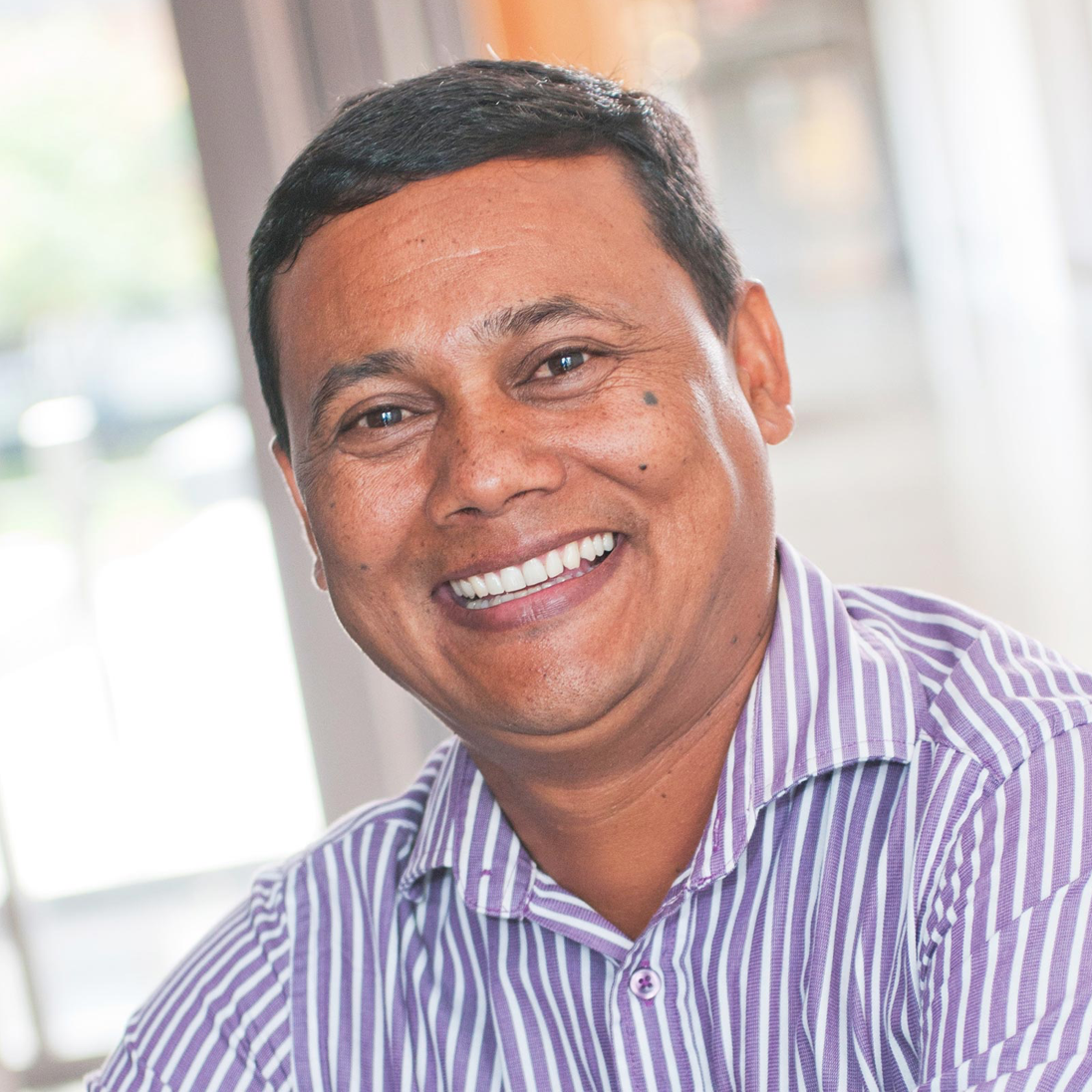
Hari KC
Dr. Hari KC is Research Fellow at CERC in Migration and Integration at Toronto Metropolitan University. He has completed a PhD in Global Governance from the Balsillie School of International Affairs, Wilfrid Laurier University. His doctoral dissertation examines Nepal’s labour migration governance from a gender lens with a focus on Nepali women migrant domestic workers in the Arabian Gulf countries. His research broadly looks at South-South labour migration (with a regional focus on South Asia), migration governance, and social justice. In the past, Hari has worked, in various roles, for the BBC Media Action, Embassy of India, Carter Centre, and Tribhuvan University in Kathmandu, Nepal. Hari holds two master’s degrees in English from the University of Waterloo (Canada) and Tribhuvan University (Nepal), and also a master’s degree in Peace and Conflict Studies from Conrad Grebel University College (Canada).
GRADUATE STUDENTS

Jeremy Wagner
Jeremy Wagner is a PhD Candidate and Doctoral Fellow in the Global Governance program at the Balsillie School of International Affairs. Jeremy's research interests include corporate food retailing expansion in sub-Saharan Africa and the interactions between ‘formal’ and ‘informal’ food systems. Specifically, Jeremy is revisiting the supermarket revolution hypothesis within the context of Nairobi, Kenya and exploring the extent to which supermarkets are reshaping the food retailing landscape and influencing food security.

Zack Ahmed
Zack Ahmed is a PhD candidate in the Global Governance program at the Balsillie School of International Affairs where he focuses his research on the south-south migration and food (in)security nexus. Zack completed the Master of International Public Policy Program at WLU in the 2020-2021 academic year where his interest in food security grew through a research project he completed on the impact of COVID-19 on women along the food supply chain in the global South. Zack is currently working on two projects: 1) a SSHRC funded research project that asses Somali migrant households’ food security situation in Nairobi; and 2) a CIHR funded research that aims to assess the household food security of refugees from Somalia in the Kitchener-Waterloo region.

Bernard Owusu
Bernard Owusu is a PhD student at Wilfrid Laurier University Department of Geography. His research interests include migration and urbanization, food security, and resource sustainability. Bernard holds an MA in Geography from the Memorial University of Newfoundland and BA from the University of Ghana, Legon. His current study explores migration in the Global South, particularly international migration to and from Ghana and its crucial links with food security.

Joyce Kiplagat
Joyce Kiplagat holds a BSc. Environmental Studies and Community Development from Kenyatta University in Kenya and is currently pursuing a Master of Science degree in Environmental Health Sciences at the School of Public Health, University of Alberta. She has extensive experience in community engagement and policy work from her previous role working for an international conservation organization – World Wide Fund for Nature (WWF-K). Joyce’s research interests are in public and environmental health, food security, food systems and sustainability. Her current study focusses on the nexus between gender, urban food security, and urban food systems. She is currently undertaking a study that aims to explore the role of women-led informal food businesses in urban food security, specifically in secondary cities of the Global South, and how these businesses were impacted by the COVID-19 pandemic and the associated economic policies. Joyce is passionate about food security and environmental sustainability.
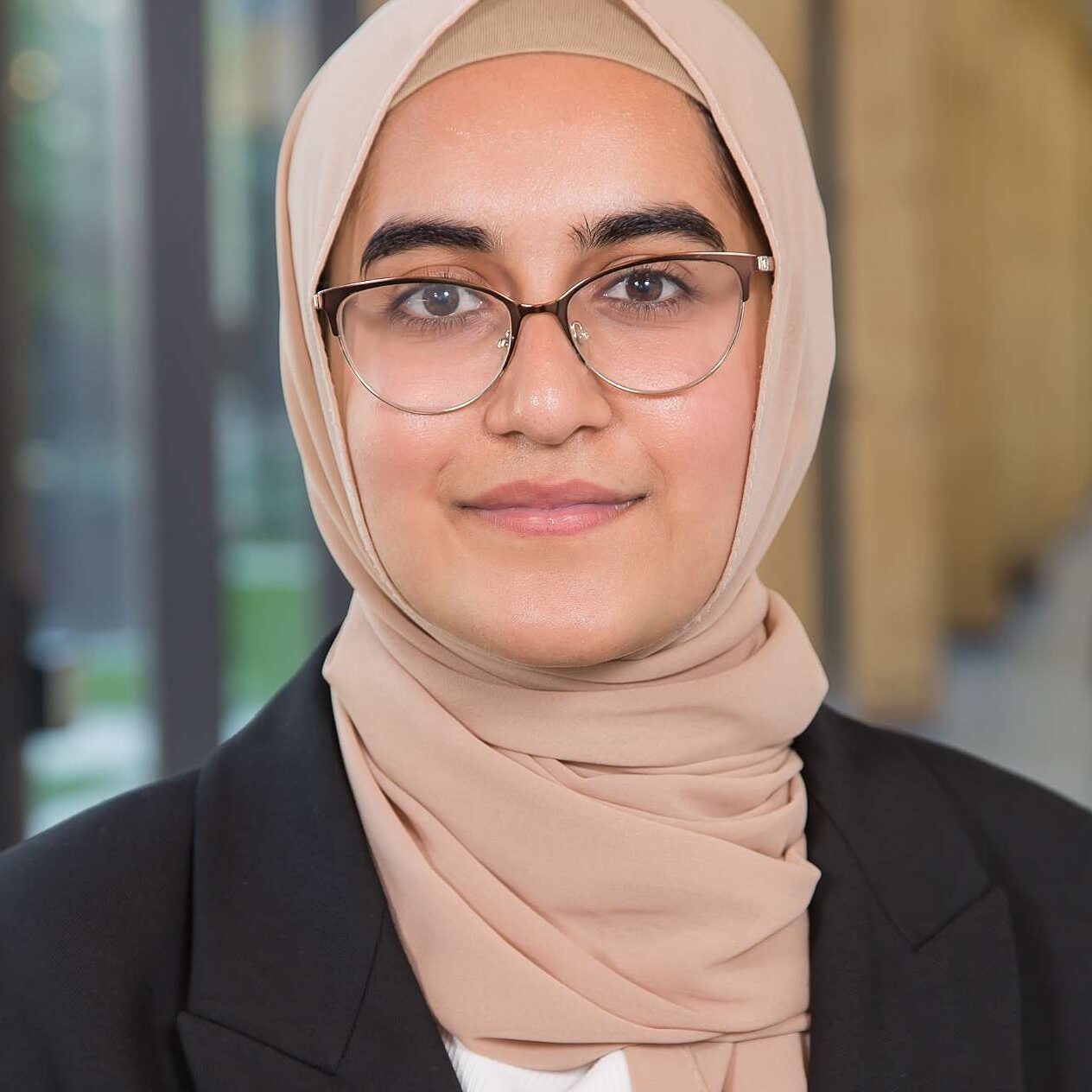
Laeba Khan
Laeba Khan is a Master of Global Governance (MAGG) candidate at the Balsillie School of International Affairs. Laeba's interest in food security and the role that women in the Global South play in global food chains grew after co-authoring a policy brief to be presented to Global Affairs Canada titled “Women Feeding Cities”. This project inspired Laeba’s focus for her Major Research Paper, where she will be exploring how the COVID-19 pandemic has impacted women in the informal food sector across cities in the Global South.

Heba Hamzeh
Heba Hamzeh is pursuing a Master of International Public Policy (MIPP) degree at the Balsillie School of International Affairs (BSIA). Her extensive experience collaborating with various national and international humanitarian organizations in Syria has allowed her to gain valuable insights into the complexities of food security, particularly in the context of refugee and Internally Displaced Persons (IDPs) communities. Her work involved hands-on implementation and rigorous evaluation of development initiatives, fostering her commitment to driving positive change in vulnerable populations. Heba has co-authored a thought-provoking policy brief titled “Women Feeding Cities.” This research, which will be presented to Global Affairs Canada, delves into the crucial role women play in the informal food sector within the Global South.

Jennifer Kandjii
Kandjii holds a master's degree (with distinction) in forced migration and human rights from the University of East London in the United Kingdom, as well as a bachelor's degree in chemistry and molecular biology from the University of Namibia. She recently defended her Ph.D. in Global Governance at the University of Waterloo's Balsillie School of International Affairs in Waterloo, Ontario. As a PhD candidate at the Balsillie School of International Affairs (BSIA), along with a fellow student, she galvanized the BSIA to create a space for discussion on how to deconstruct oppressive and discriminatory systems, resulting in the formation of an anti-oppression and equity committee.

Adwoa Konadu-Yiadom
Adwoa Konadu-Yiadom is pursuing a Master’s degree in International Public Policy at the Balsillie School of International Affairs, with a specialization in Global Migration and Human Security. As a journalist, her interest in food security grew from observing how women in the informal food sector were negatively impacted by the Covid-19 pandemic. This realization came about during her interaction with women in various markets throughout Accra, Ghana, leading to her involvement in the Women Feeding Cities policy brief to be presented to Global Affairs Canada. Adwoa holds a bachelor’s degree in communication studies from Christian Service University College in Ghana and a Diploma in Development Journalism from the Indian Institute of Mass Communication in New Delhi-India.

Tashfia Rifa Zaman
Tashfia Rifa Zaman is a Master of Development Practice (MDP) student at the University of Waterloo’s School of Environment, Enterprise, and Development (SEED). As a development worker, she spends her time researching sustainable food supply chains and determining the significance of small and medium enterprise (SME) engagement in instilling nutrition in the private sector of emerging cities such as Dhaka, Bangladesh. She is assisting in the creation of an edited volume on South-South migration for Springer Nature as part of her graduate practicum.
